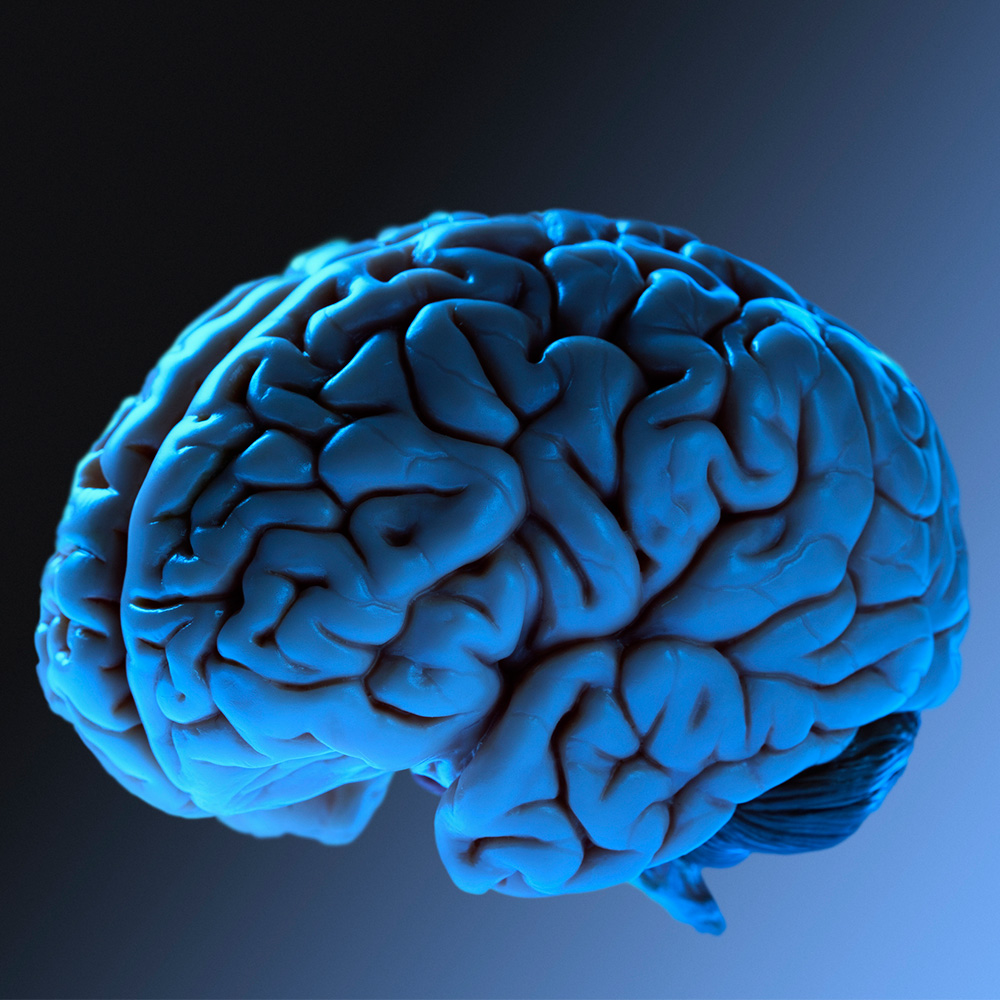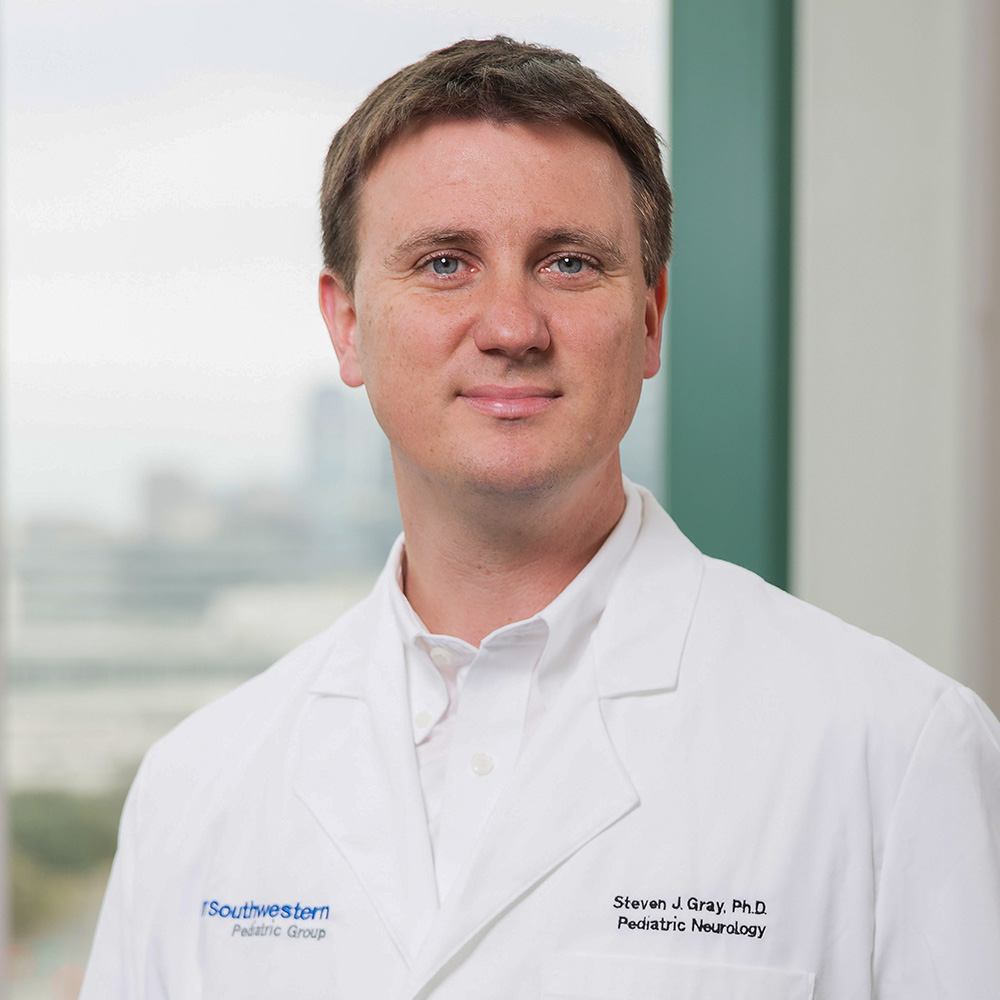UTSW hosts Chancellor’s ‘Leading the Brain Health Revolution’ event

Praising UT Southwestern Medical Center as the UT System’s focal point for neuroscience, Chancellor William H. McRaven brought together supporters from across the System for a two-day “Leading the Brain Health Revolution” symposium on the UT Southwestern campus in January.
The UT System Chancellor’s 2017 Winter Program addressed recovery from traumatic brain injuries and stroke, better understanding of depression and mental illness, and hope for new therapies for neurodegenerative diseases like Alzheimer’s.
Researchers from UT Southwestern’s Peter O’Donnell Jr. Brain Institute and other UT System institutions gathered as part of the Chancellor’s strategic plan to bolster collaborative efforts among UT campuses and promote the System’s initiative on brain health.
“When we did our strategic assessment, which we started soon after I took the job in 2015, we looked at where we could move the needle, where we as a university system could make a difference. We realized that brain health was one of those areas, because we have great institutions like UT Southwestern,” said Chancellor McRaven. “We have some of the world’s best neuroscientists in the UT System, and UT Southwestern is really the center of gravity, if you will, of the neurosciences.”
The O’Donnell Brain Institute brings together nearly 350 faculty members from almost three dozen departments and centers across UT Southwestern to take a leading role in transformative brain disorder research and care to improve patients’ lives.
“The Peter O’Donnell Jr. Brain Institute is not an intellectual pursuit for pure intellectual value, but one that is absolutely tied to the goal of better treatment and, ultimately, prevention and cure,” said Dr. Daniel K. Podolsky, President of UT Southwestern and Professor of Internal Medicine. “Problems that were scientifically intractable just a few years ago are now accessible because of advances in technology. Imagine a day when Alzheimer’s is preventable, when we can treat and repair a brain or spinal injury, when we’re able to speed recovery from stroke, and when depression can be identified and effectively treated at its earliest stages. That’s really what drives us.”
Research at the O’Donnell Brain Institute is already leading to promising new therapies that include a therapeutic agent that preserves brain function after injury, neuromodulation studies that show promise for targeted recovery from brain diseases and injuries, regeneration of neurons that provides hope for treating Lou Gehrig’s disease, and a new therapeutic antibody that could revolutionize treatments for neurodegenerative diseases.
Neurological diseases are among the top leading causes of death and disability, and impact an estimated 50 million people, including those with neurological and psychiatric diseases, and those who care for them.
“The scale of the problem is almost unfathomable,” said Dr. Podolsky.
In addition to UT Southwestern researchers, the symposium included presenters from UT Arlington, UT Austin, UT Dallas, UT Health San Antonio, UT MD Anderson, and UT Medical Branch Galveston from fields including neurology, neurosurgery, bioengineering, neuropsychology, physical medicine and rehabilitation, and vascular neurology.
The event, held at the T. Boone Pickens Biomedical Building, also included tours of UT Southwestern’s William P. Clements Jr. University Hospital, presentations on UT Southwestern’s Robert D. Rogers Advanced Comprehensive Stroke Center technology, and a keynote address by Roger Staubach, Dallas business and civic leader, NFL Hall of Famer, and Dallas Cowboys quarterback from 1969-79.
Dr. Podolsky holds the Philip O’Bryan Montgomery, Jr., M.D. Distinguished Presidential Chair in Academic Administration, and the Doris and Bryan Wildenthal Distinguished Chair in Medical Science.




